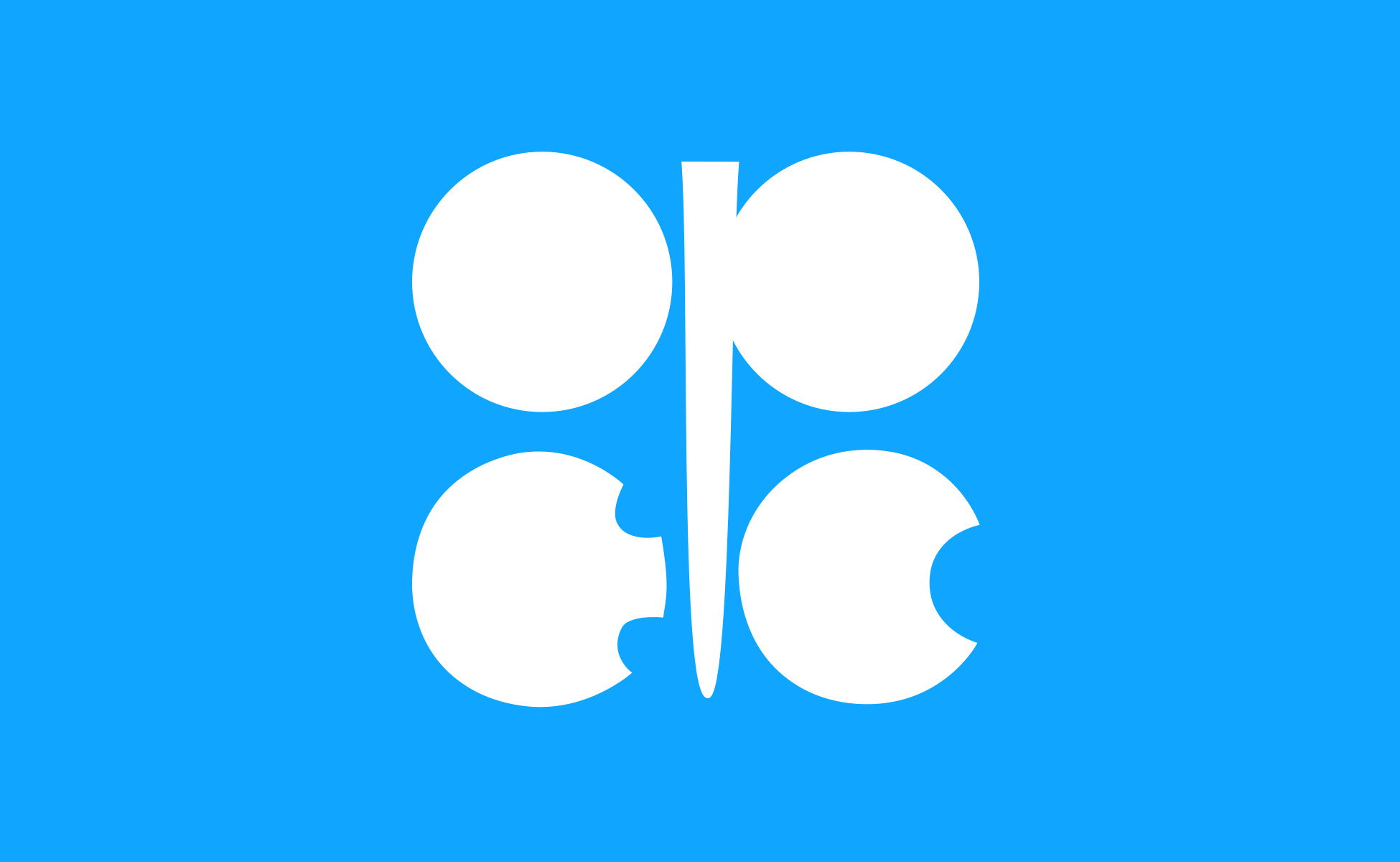Oil markets unstable ahead of OPEC meeting later today

Oil markets were unstable early today Wednesday ahead of an OPEC meeting later in the day, with members of the producer cartel trying to thrash out an output cut to curb oversupply that has seen prices more than halve since 2014.
U.S. West Texas Intermediate (WTI) crude futures were at $45.38 a barrel at 0019 GMT, up 35 percent from their last settlement.
International Brent crude futures were yet to trade.
Traders said that the market was extremely nervous, and that prices could swing either way quickly depending on developments at the Organization of the Petroleum Exporting Countries meeting in Vienna.
Oil dropped nearly 4 percent the previous session over disputes between Saudi Arabia, Iran and Iraq regarding details of the planned output cut.
“At the moment, a deal to limit oil production looks bleak and oil prices are reflecting that view. But OPEC is known for leaving things to the last minute,” said Fawad Razaqzada, analyst at brokerage Forex.com.
“Expect to see lots of noise, then a big price move in oil prices tomorrow, because ultimately one camp will be proven wrong. Will it be the buyers or the sellers?”
Razaqzada said that should OPEC come to an agreement, then oil prices would likely rise above $50 per barrel, and if the group failed to agree anything, prices would fall towards, though unlikely below, $40 per barrel.
Iran and Iraq are resisting pressure from Saudi Arabia to curtail oil production, making it hard for the group to reach a deal to limit output.
On Tuesday, tensions rose after Iran wrote to OPEC saying it wanted Saudi Arabia to cut production by as much as 1 million barrels per day (bpd), much more than Riyadh is willing to offer, OPEC sources who saw the letter told Reuters.
Iranian Oil Minister Bijan Zanganeh told reporters upon arrival at OPEC’s headquarters in Vienna that his country was not prepared to reduce output: “We will leave the level of production (where) we decided in Algeria.”
OPEC, which accounts for a third of global oil production, made a preliminary agreement in Algiers in September to cap output around 32.5-33 million bpd versus the current 33.64 million bpd to prop up prices.
At the time, OPEC said it would exempt Iran, Libya and Nigeria from cuts as their output had been crimped by unrest and sanctions.









0 Comments